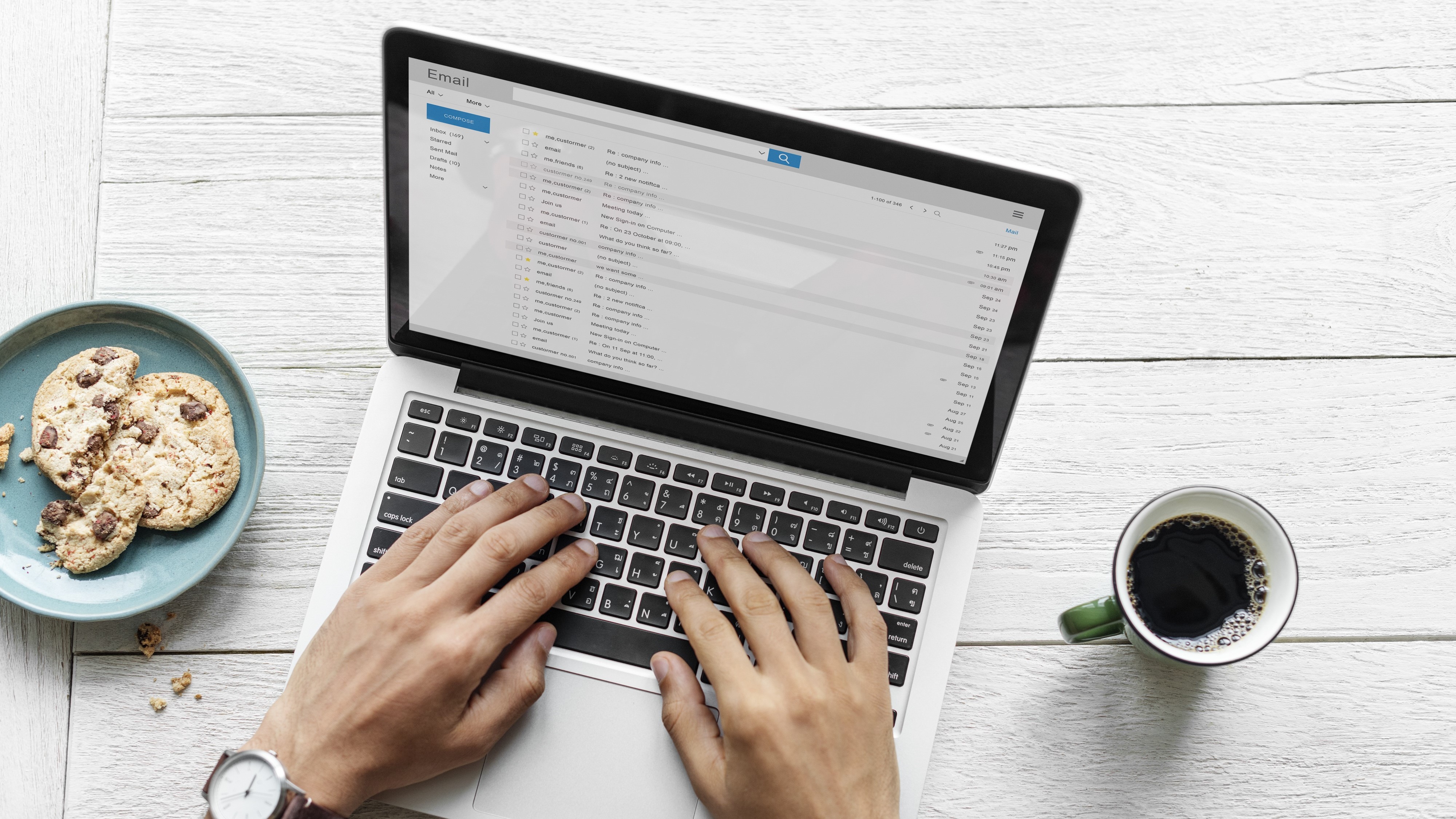
Research from NordVPN has revealed that 14 million internet browser cookies linked to UK consumers have surfaced on the dark web.
The disclosure comes as part of the company’s revelation that more than 54 billion cookies have been leaked globally, marking a potentially severe threat to online consumers who fail to implement sufficient safeguards.
According to NordVPN’s analysis, more than half (56%) of the leaked UK cookies remain ‘active’, indicating potentially ongoing user tracking, considerably more than the 17% considered to be ‘active’ globally.
Billions of cookies have been leaked globally
While they promise to deliver a heightened level of convenience, cookies serve to enhance online browsing by enabling a browser to remember certain parts of your visit. However, they have also emerged as a tool for cybercriminals to obtain sensitive data.
The snippets of text can reveal user activity, preferences, and even login credentials.
According to the research, more than 2.5 billion cookies in the dataset came from Google, 692 million from YouTube, and 500 million from Microsoft and Bing.
The dark web analysis reveals that 244 countries and territories had been affected, with Brazil, India, Indonesia, the US and Vietnam believed to be the most affected.
Though considerably fewer than categories like “assigned ID” (10.5 billion) and “session ID” (739 million), as many as 154 million and 37 million cookies related to authentication and login, respectively. Name, email, city, password and address were also noteworthy among personal information cookies.
NordVPN cybersecurity advisor Adrianus Warmenhoven highlighted the scope of the threat: “There is a real danger that many don’t realise that if a hacker gets hold of your active cookies, they might not need to know any logins, passwords, and even MFA to overtake your accounts.”
Despite the threat, Warmenhoven shared some internet hygiene top tips to minimize the risks, including deleting cookies and being aware of suspicious downloads.
Other general housekeeping includes applying software updates and security fixes promptly, monitoring account activity, being selective with cookie consent, and using privacy tools like VPNs.
More from TechRadar Pro
- Worries about your online security? Consider the best privacy tools and anonymous browsers
- Google has a new way to try and stop cookie theft leading to possible cyberattacks
- Here’s the best malware removal if you think you’ve downloaded something dodgy






